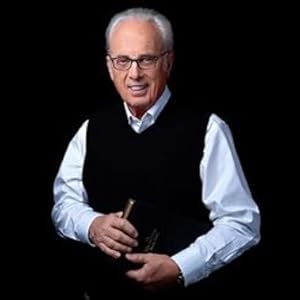John Calvin
关于作者
John Calvin (/ˈkælvɪn/; French: Jean Calvin, pronounced: [ʒɑ̃ kalvɛ̃]; born Jehan Cauvin: 10 July 1509 – 27 May 1564) was an influential French theologian, pastor and reformer during the Protestant Reformation. He was a principal figure in the development of the system of Christian theology later called Calvinism, aspects of which include the doctrines of predestination and of the absolute sovereignty of God in salvation of the human soul from death and eternal damnation, in which doctrines Calvin was influenced by and elaborated upon the Augustinian and other early Christian traditions. Various Congregational, Reformed, and Presbyterian churches, which look to Calvin as the chief expositor of their beliefs, have spread throughout the world. Calvin was a tireless polemic and apologetic writer who generated much controversy. He also exchanged cordial and supportive letters with many reformers, including Philipp Melanchthon and Heinrich Bullinger. In addition to his seminal Institutes of the Christian Religion, Calvin wrote commentaries on most books of the Bible, confessional documents, and various other theological treatises. Originally trained as a humanist lawyer, he broke from the Roman Catholic Church around 1530. After religious tensions erupted in widespread deadly violence against Protestant Christians in France, Calvin fled to Basel, Switzerland, where in 1536 he published the first edition of the Institutes. In that same year, Calvin was recruited by Frenchman William Farel to help reform the church in Geneva, where he regularly preached sermons throughout the week; but the governing council of the city resisted the implementation of their ideas, and both men were expelled. At the invitation of Martin Bucer, Calvin proceeded to Strasbourg, where he became the minister of a church of French refugees. He continued to support the reform movement in Geneva, and in 1541 he was invited back to lead the church of the city. Following his return, Calvin introduced new forms of church government and liturgy, despite opposition from several powerful families in the city who tried to curb his authority. During this period, Michael Servetus, a Spaniard regarded by both Roman Catholics and Protestants as having a heretical view of the Trinity, arrived in Geneva. He was denounced by Calvin and burned at the stake for heresy by the city council. Following an influx of supportive refugees and new elections to the city council, Calvin's opponents were forced out. Calvin spent his final years promoting the Reformation both in Geneva and throughout Europe. In March 1536, Calvin published the first edition of his Institutio Christianae Religionis or Institutes of the Christian Religion.[15] The work was an apologia or defense of his faith and a statement of the doctrinal position of the reformers. He also intended it to serve as an elementary instruction book for anyone interested in the Christian faith. The book was the first expression of his theology. Calvin updated the work and published new editions throughout his life. (wikipedia).
阅读完整简历














